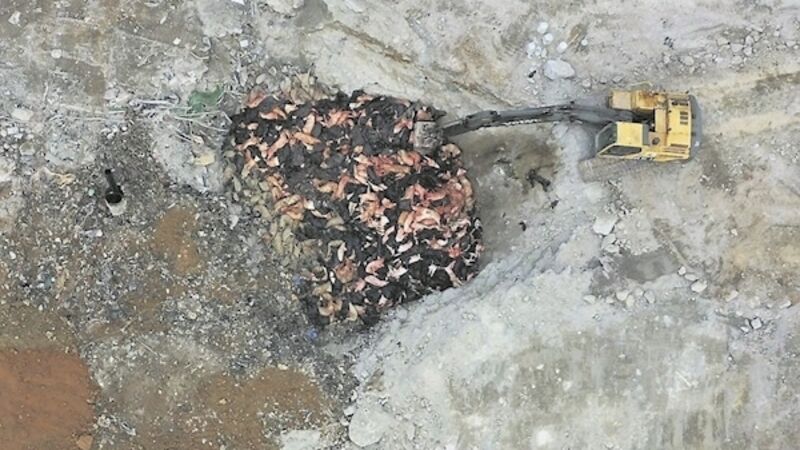Search for drugs to slow spread of swine fever

The Pirbright Institute is entering into partnership with a Belgian company to develop the first antiviral drugs against African swine fever (ASF).
The Surrey, England, based research institute will work with the ViroVet biotechnology company on antiviral drugs which could reduce the spread of ASF and help to contain outbreaks.













